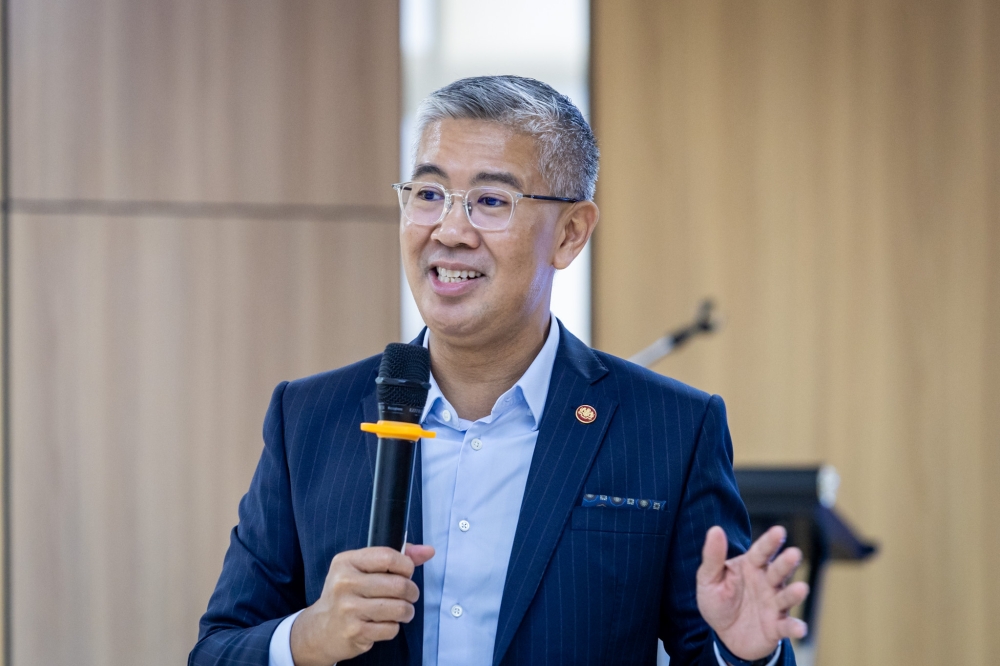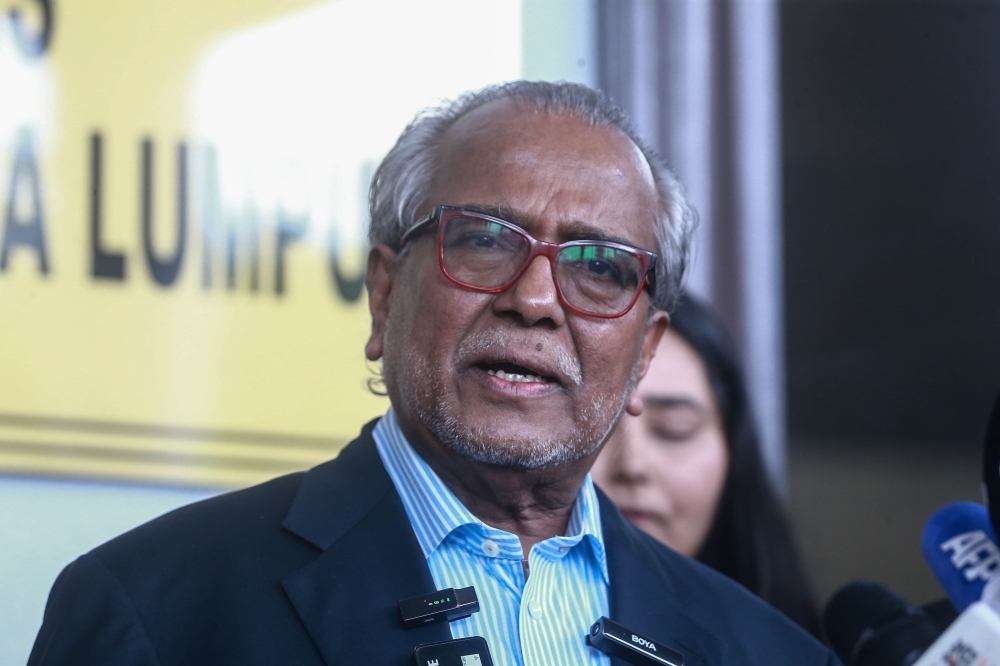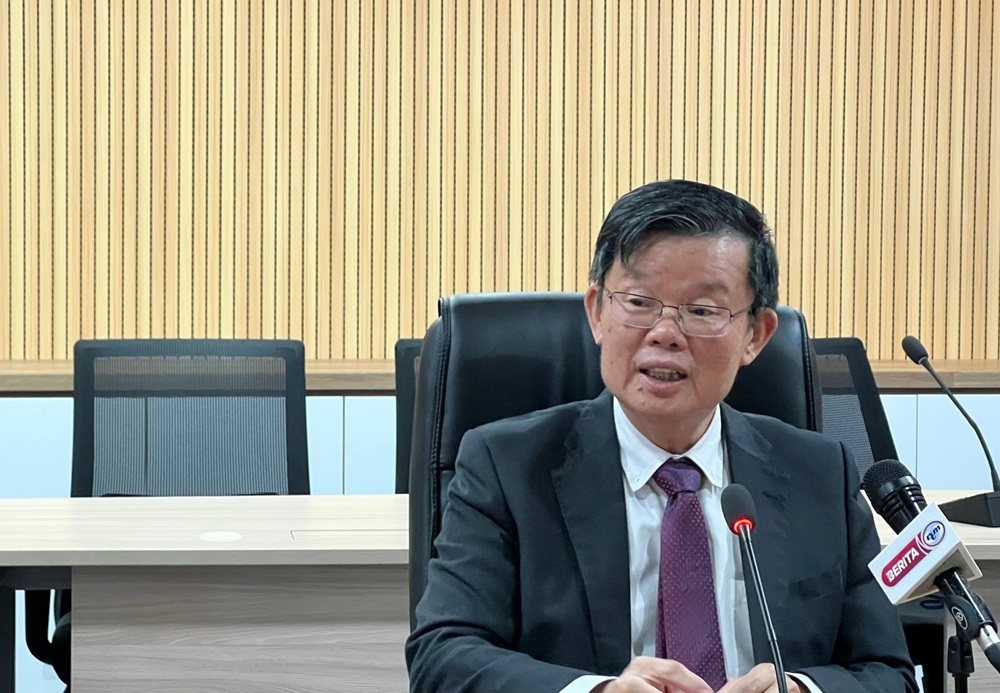SHAH ALAM, April 30 — The federal government has allocated RM5 million insurance for vehicles fuelled with B10 biodiesel, which contains 10 per cent palm oil.
Primary Industries Minister Teresa Kok said consumers can claim the insurance if proven that the vehicle engine has broken down as a result of using the B10 biodiesel fuel.
“Since we launched the B10 biodiesel, after five months we have not received any complaints of problems arise from using the B10 biodiesel.
“I hope our country can move towards using B20 like how Indonesia has, so that our palm oil would be used and we can increase the price as well,” she told a press conference after the launch of the FGV ‘Saji Sayangi Sawitku’ campaign here today.
Kok said the government has not officially announced the allocated sum but has assured that the Malaysia Palm Oil Board (MPOB) and her ministry had not received any complaints on the matter.
“I do not want to highlight too much on the insurance because there will be people who will make up stories… if we stress too much on [insurance], this will raise concerns from our consumers.
“But I would like to stress that there had not been any problems. I would also like to urge the use of biodiesel so that we could reduce our stock and help the palm oil farmers and producers,” she said.
Earlier in her opening speech, Kok had stated several petrol stations have not displayed the use of B10 in its biodiesel, as some of the public may distance themselves from using the B10 biodiesel.
In efforts to create more awareness for the public on the use of palm oil in daily products, Kok had also encouraged companies to display on their product label, such as cooking oil, the “Sayangai Sawitku” logo.
“The reason why we encourage the use of the logo is so that consumers would know that cooking oil and many other goods contain palm oil. This is an awareness process that we will launch nationwide in order to make the people realise that we are very close to palm oil in our daily life. Then Malaysians can be the ambassadors of palm oil products” she said.
Kok added that she will be on work visits to European countries to explain the misconceptions raised on the palm oil industry, such as deforestation.
“This is all untrue. We still have our orang utans and they are healthy. I would also like to stress that ours are certified sustainable palm oil.
“Every year, we receive about seven million tourists in the country, but do we give them awareness and promote them about palm oil and its byproducts?
“That is why Malaysians need to be educated so that they could promote this product as well,” said Kok.

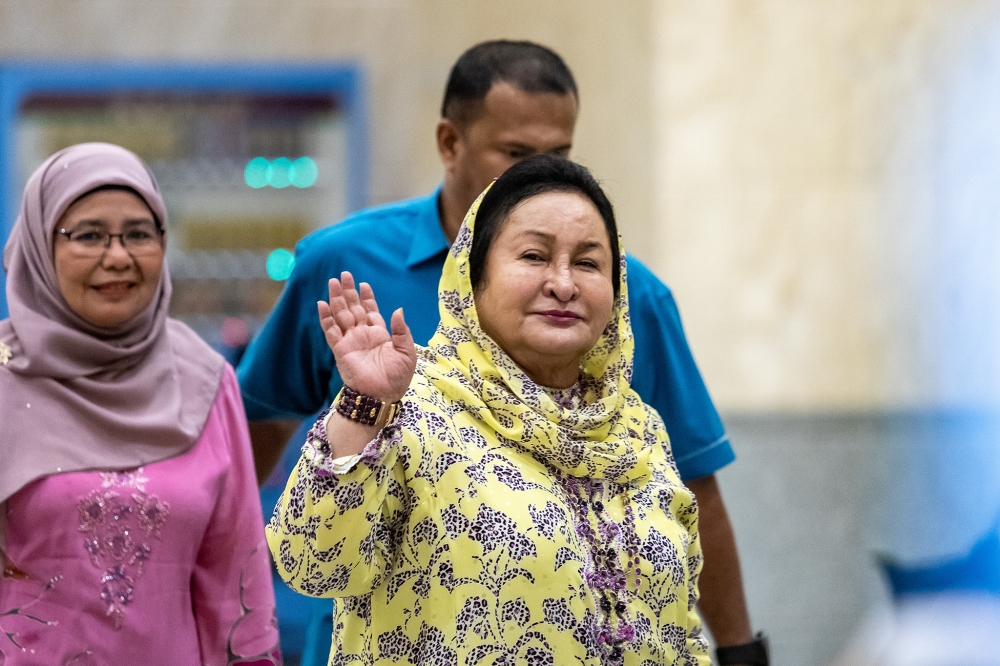
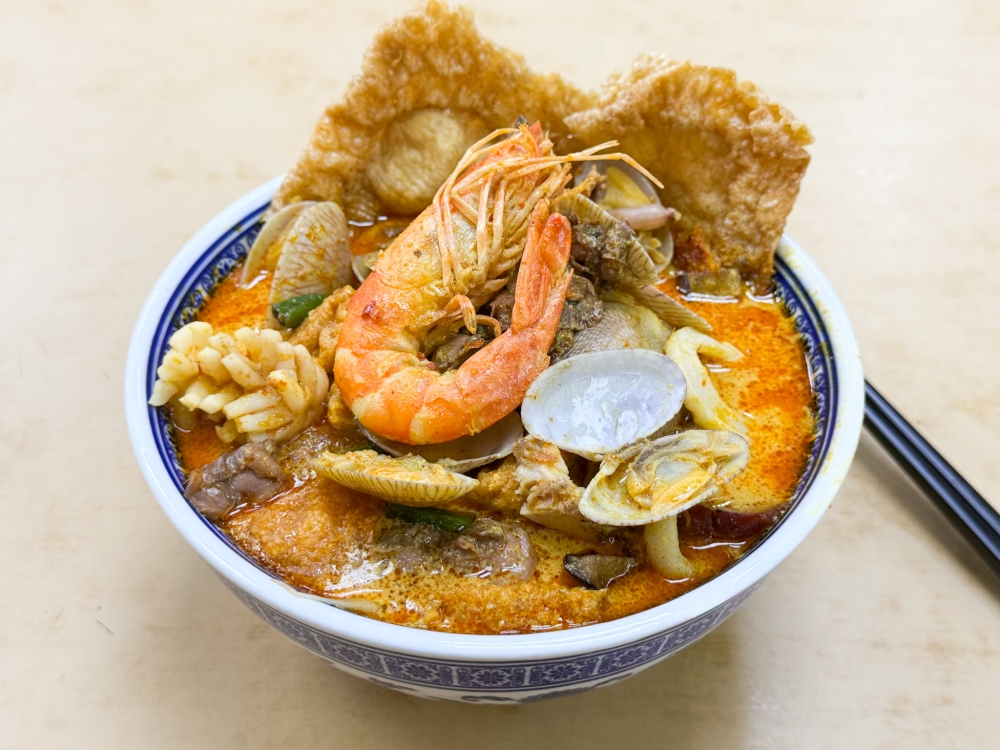
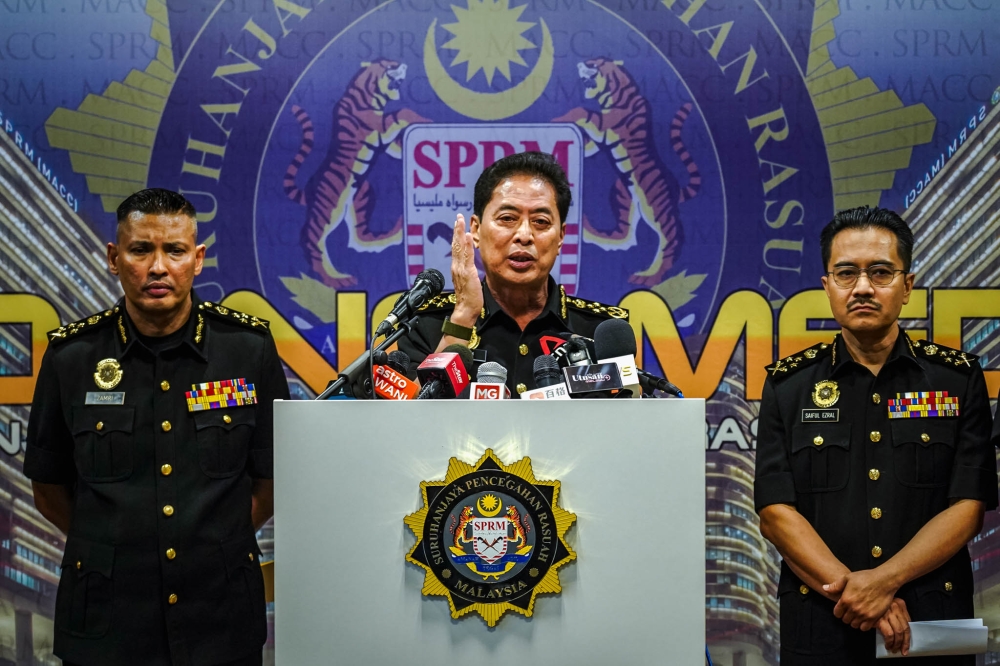

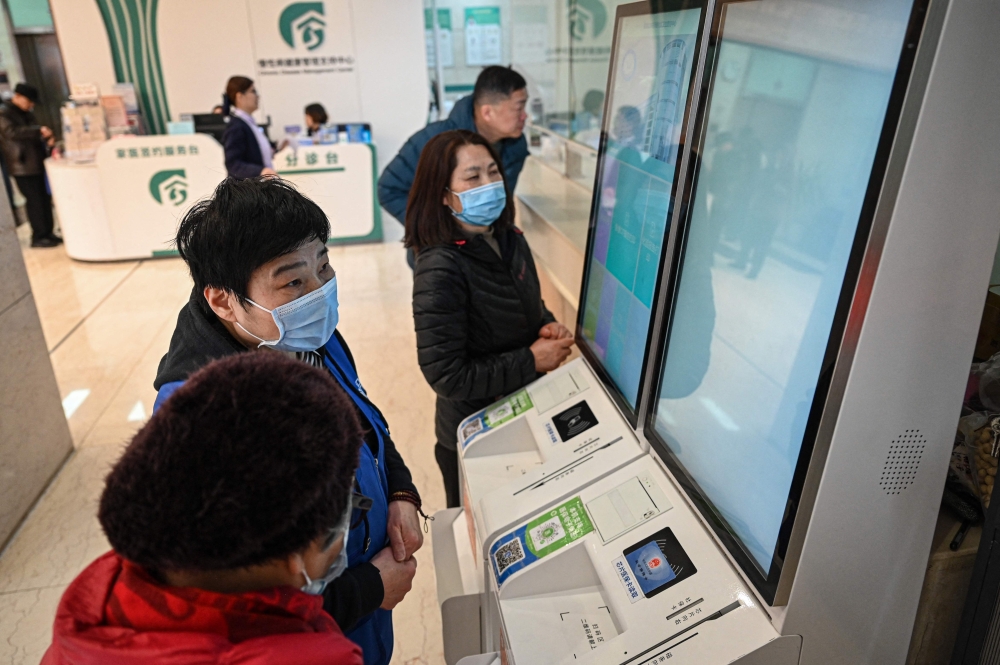
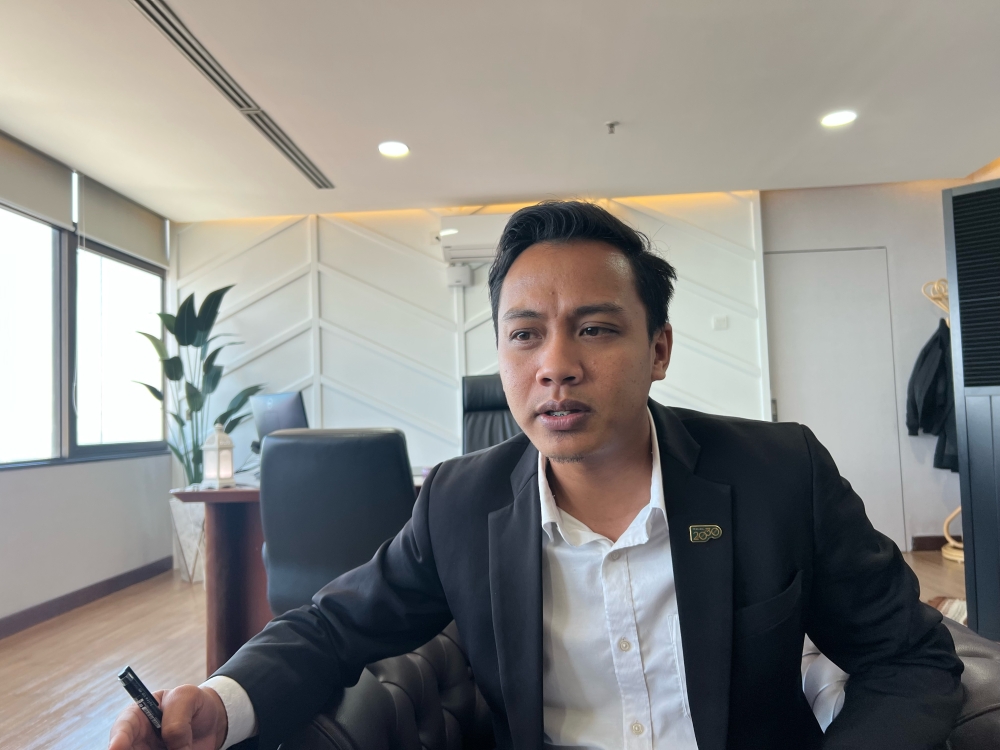

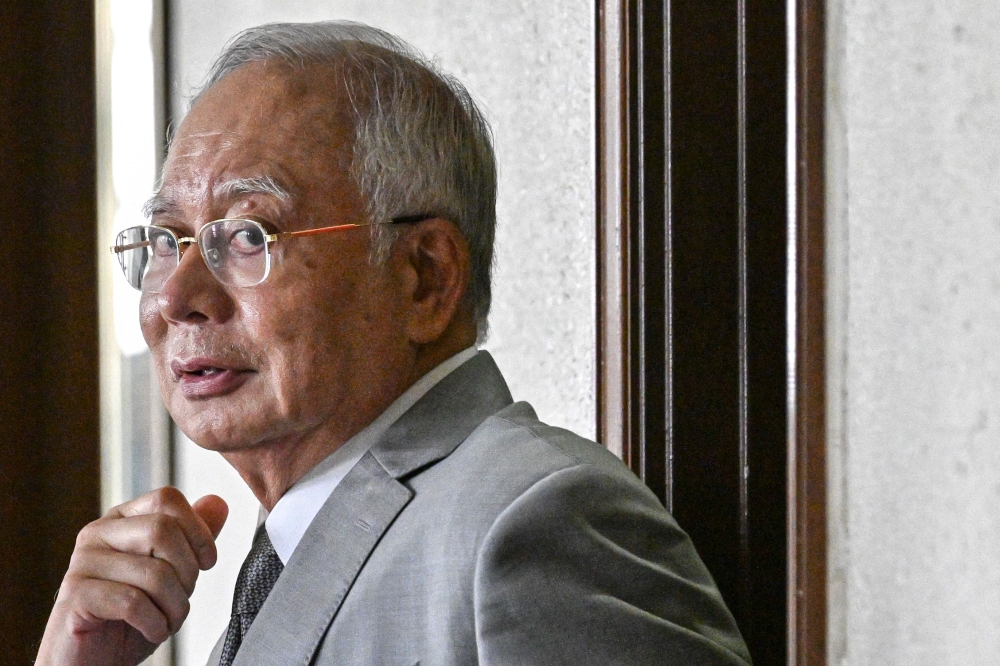
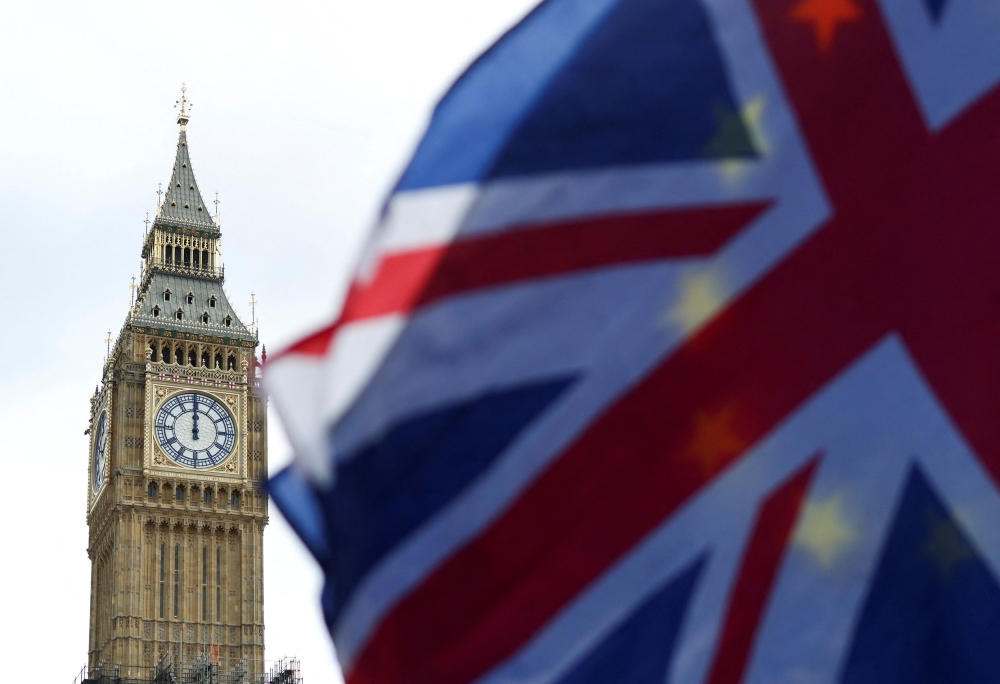
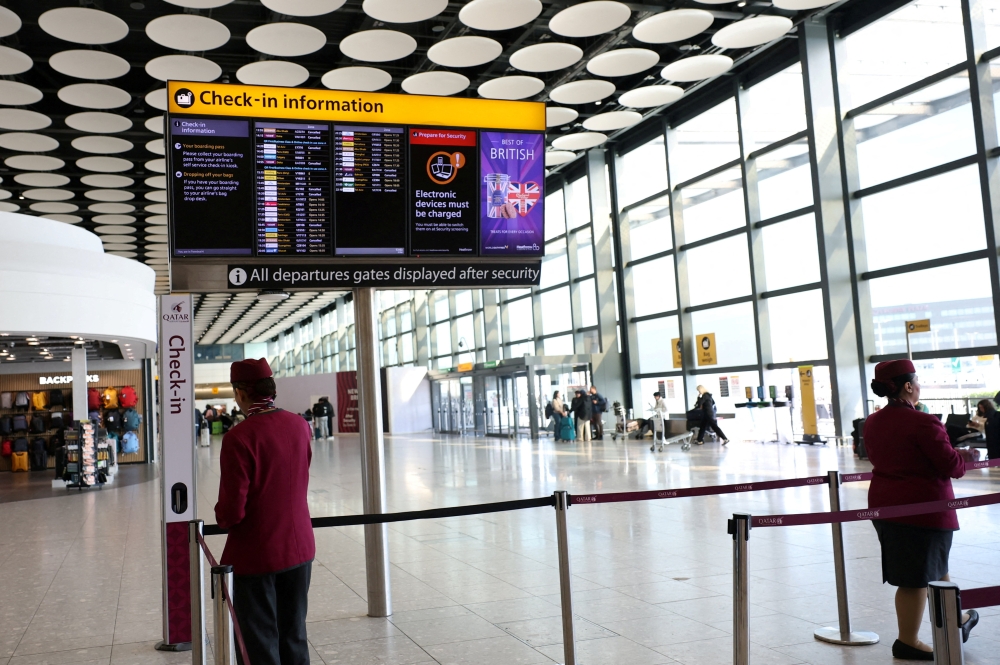
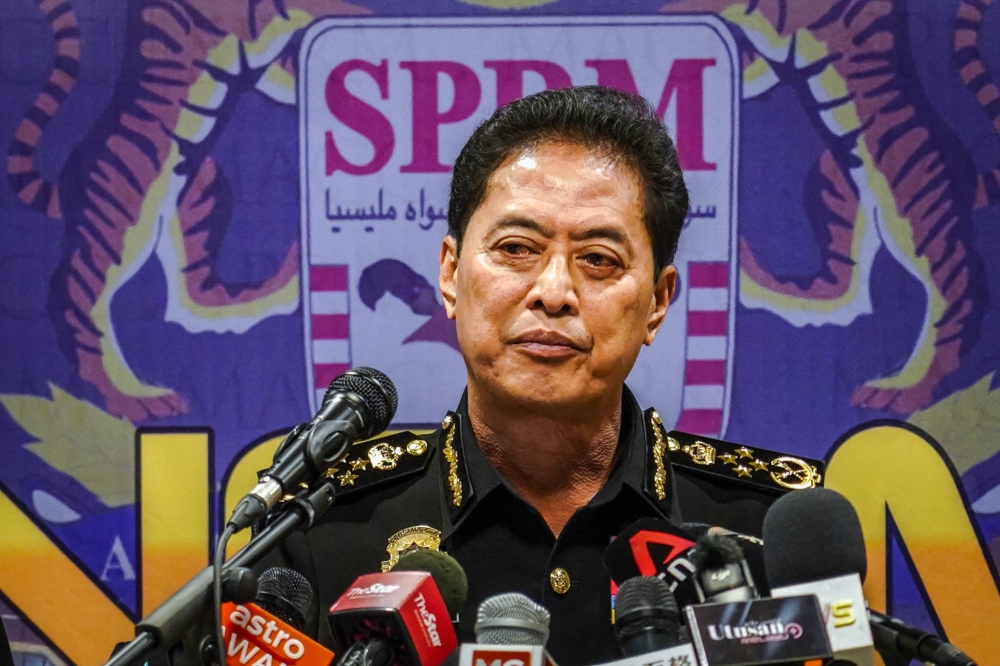
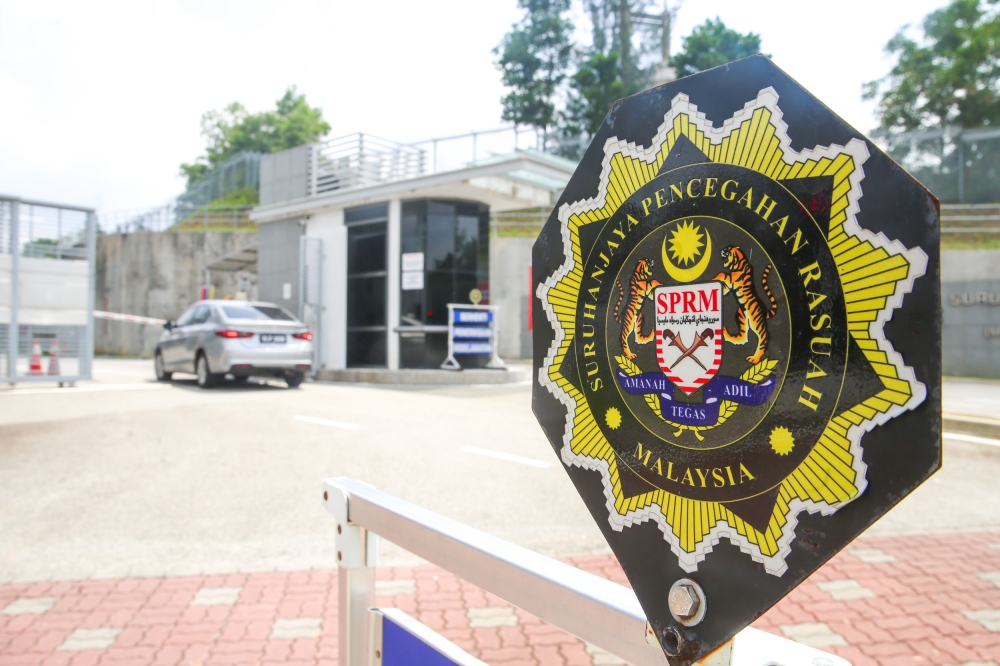
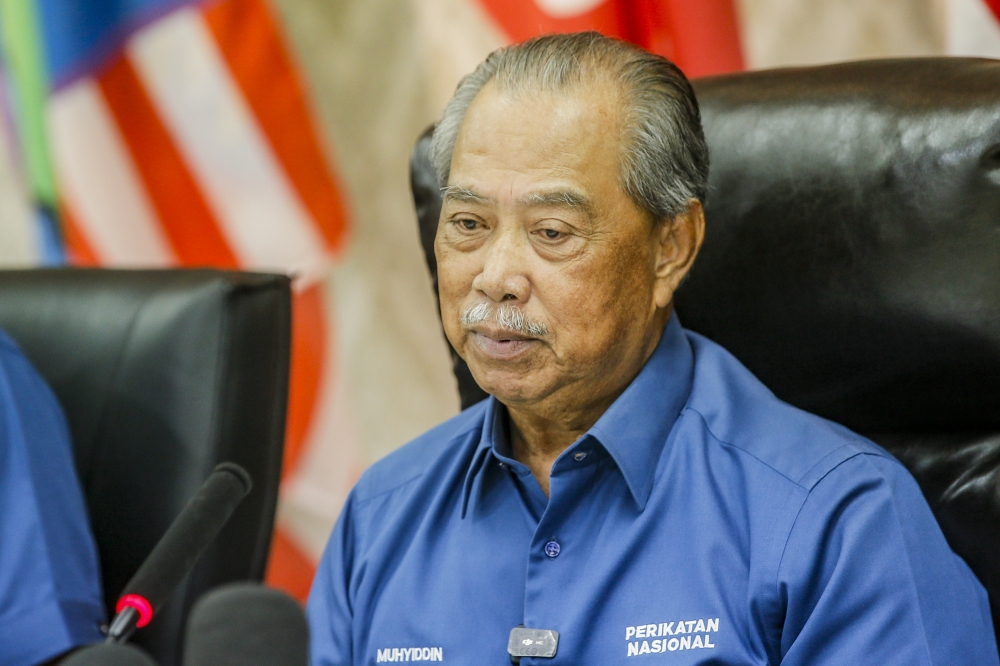

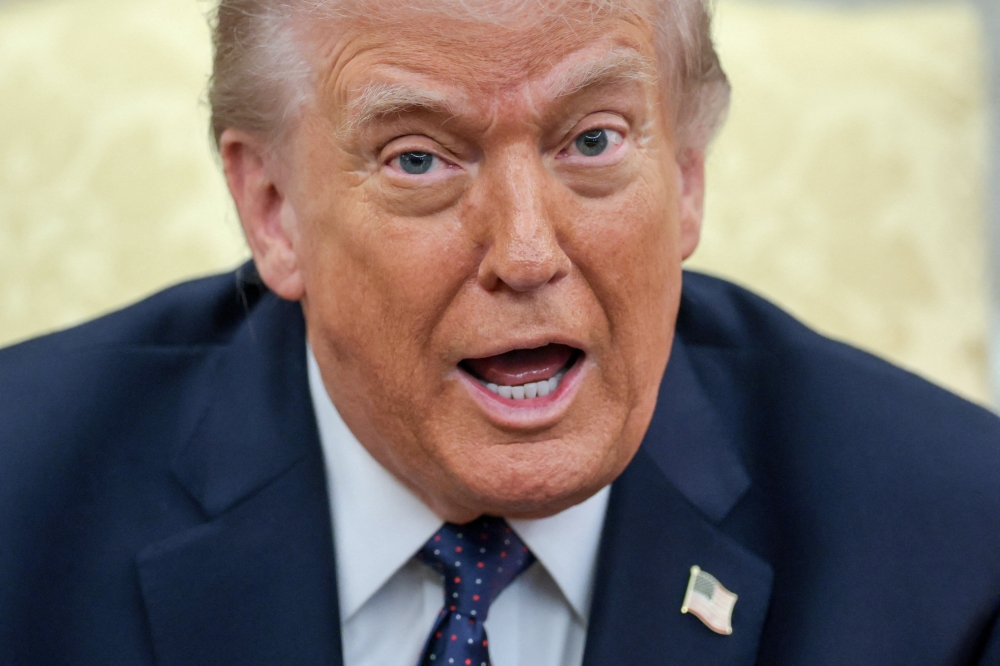
.jpg)
